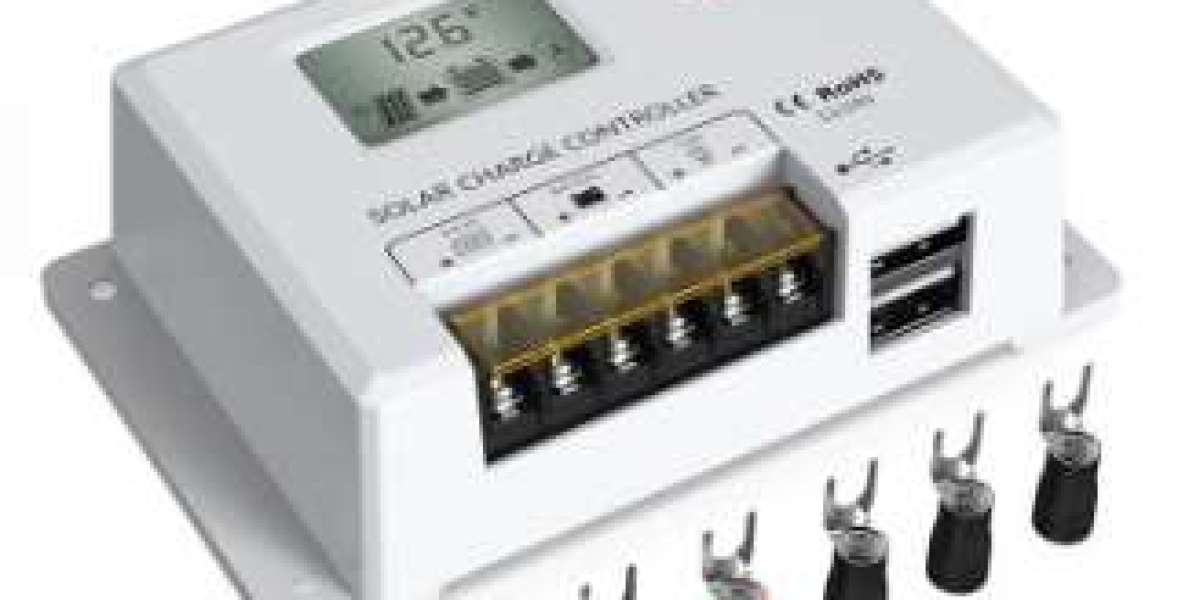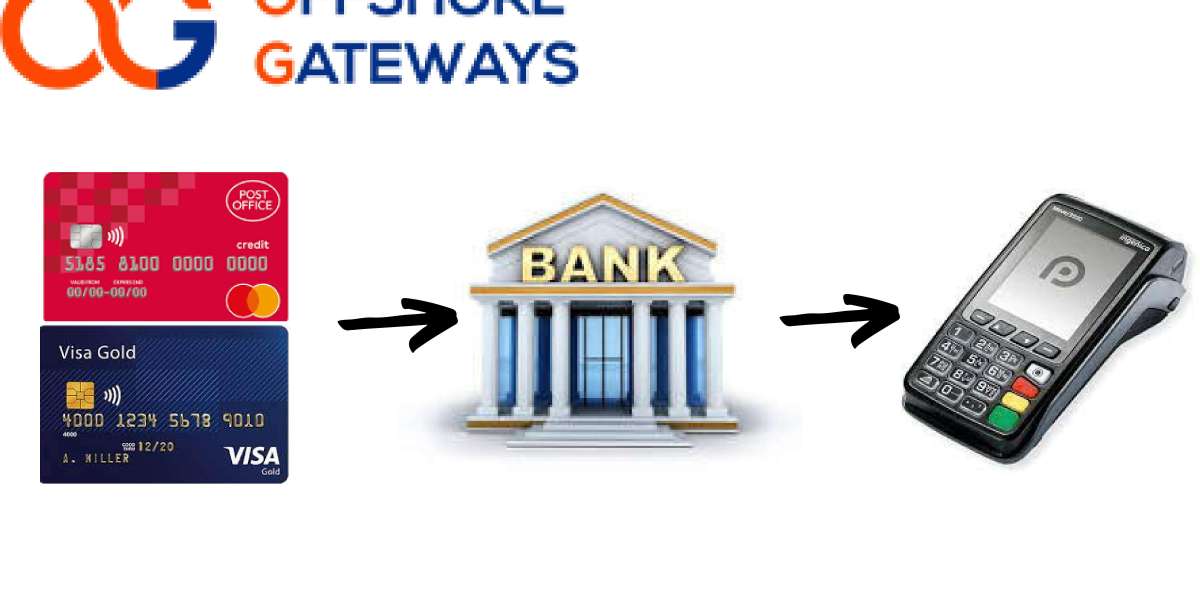In the realm of solar energy systems, achieving optimal efficiency is paramount for harnessing the power of the sun. This article explores the significance of Pulse Width Modulation (PWM) Solar Charge Controllers, shedding light on their functionality, benefits, and their crucial role in managing and preserving the life of solar batteries.
- Defining PWM Solar Charge Controllers:
PWM Solar Charge Controller are essential components of solar power systems responsible for regulating the charging and discharging of batteries. They employ a Pulse Width Modulation technique to control the voltage delivered to the battery, ensuring a more efficient and controlled charging process.
- Functionality:
- Charging Process: During the charging phase, PWM controllers maintain a regulated voltage by rapidly switching the solar panel's output on and off. This modulation prevents the battery from being overcharged by delivering the optimum voltage required for efficient charging.
- Battery Maintenance: PWM controllers also play a crucial role in battery maintenance. They prevent excessive discharge by disconnecting the load when the battery voltage drops to a predetermined level, preserving the battery's health and extending its lifespan.
- Benefits of PWM Solar Charge Controllers:
- Enhanced Efficiency: PWM controllers optimize the charging process, ensuring that batteries receive the right amount of voltage for efficient charging. This leads to increased overall system efficiency.
- Battery Longevity: By preventing overcharging and deep discharge, PWM controllers contribute to extending the life of solar batteries. This is particularly significant in off-grid solar systems where battery health is critical.
- Cost-Effectiveness: PWM controllers are cost-effective solutions suitable for smaller solar installations. They strike a balance between affordability and efficiency, making them an ideal choice for a range of solar power applications.
- Suitability for Small to Medium Systems:
- Off-Grid Applications: PWM controllers are commonly used in off-grid solar systems, such as cabins, RVs, and remote installations. Their simplicity, cost-effectiveness, and suitability for smaller setups make them a popular choice.
- Low Power Consumption: PWM controllers typically have lower power consumption compared to more advanced Maximum Power Point Tracking (MPPT) controllers, making them suitable for applications where energy efficiency is a priority.
- Considerations for Installation:
- Voltage Compatibility: Ensure that the PWM controller is compatible with the voltage of both the solar panel array and the battery bank.
- Amperage Capacity: Select a PWM controller with an amperage capacity suitable for the total current generated by the solar panels.
- Future Trends and Advancements:
- Integration with Smart Technologies: As the solar industry evolves, PWM controllers may integrate with smart technologies for enhanced monitoring and control, providing users with more insights into their solar power systems.
Conclusion:
In the pursuit of efficient and sustainable solar energy utilization, PWM Solar Charge Controllers stand as integral components, ensuring the optimal charging and maintenance of solar batteries. Their simplicity, cost-effectiveness, and suitability for small to medium systems make them a reliable choice for various off-grid applications. As solar technology continues to advance, PWM controllers remain key players in the journey toward harnessing clean and renewable energy from the sun.
For more info. visit us:









